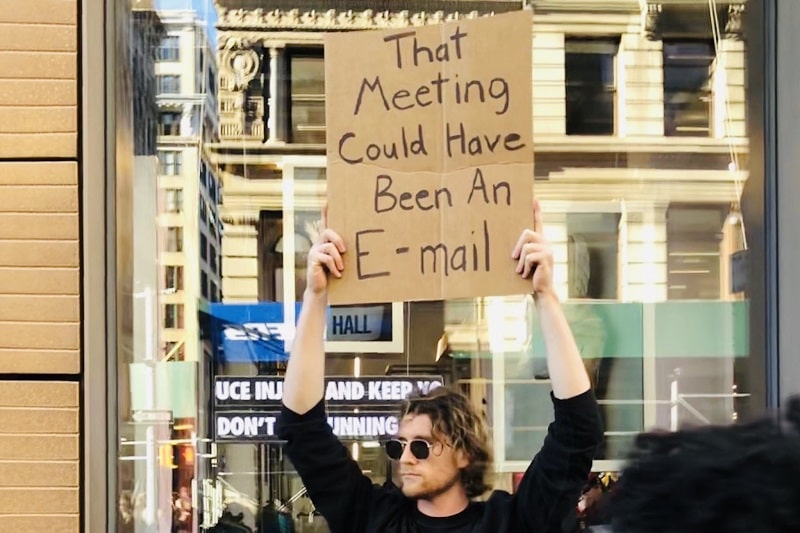A 4-day work week could help your exhausted, demotivated staff
Founder and CEO of Commission Factory Zane McIntyre suggests fewer hours could deliver big benefits.
It’s been an incredibly tough couple of years, and finding the space for team members to rest and recharge has been a serious challenge for the industry. Working from home has blurred the boundaries between work and life, with research backing up what we all know to be true: a non-existent commute and breakfast al desko means we’re all working more hours than ever before.
That’s where the four-day work week comes in. While the concept of a 32 hour week might seem like a controversial idea for most businesses, let alone those in adland, there’s every indication it’s the very best thing you could do for your agency.



Even down to a 5 day work week would help…
Whilst four day work weeks might make staff happier; I’d also suggest a stronger focus on solving good problems, treating people as adults and being transparent + rewarding people internally are far more meaningful steps.
There’s a real challenge in adland because the business looks old, stale and structurally challenged from the outside. It’s hard to get people to commit to doing great work when the work looks tough and without strong purpose/problem solving.
We need to address those causes, rather than provide race to the bottom incentives that further devalue our industry!
Great article! A good read and I totally agree (and surprised to see a familiar face!).